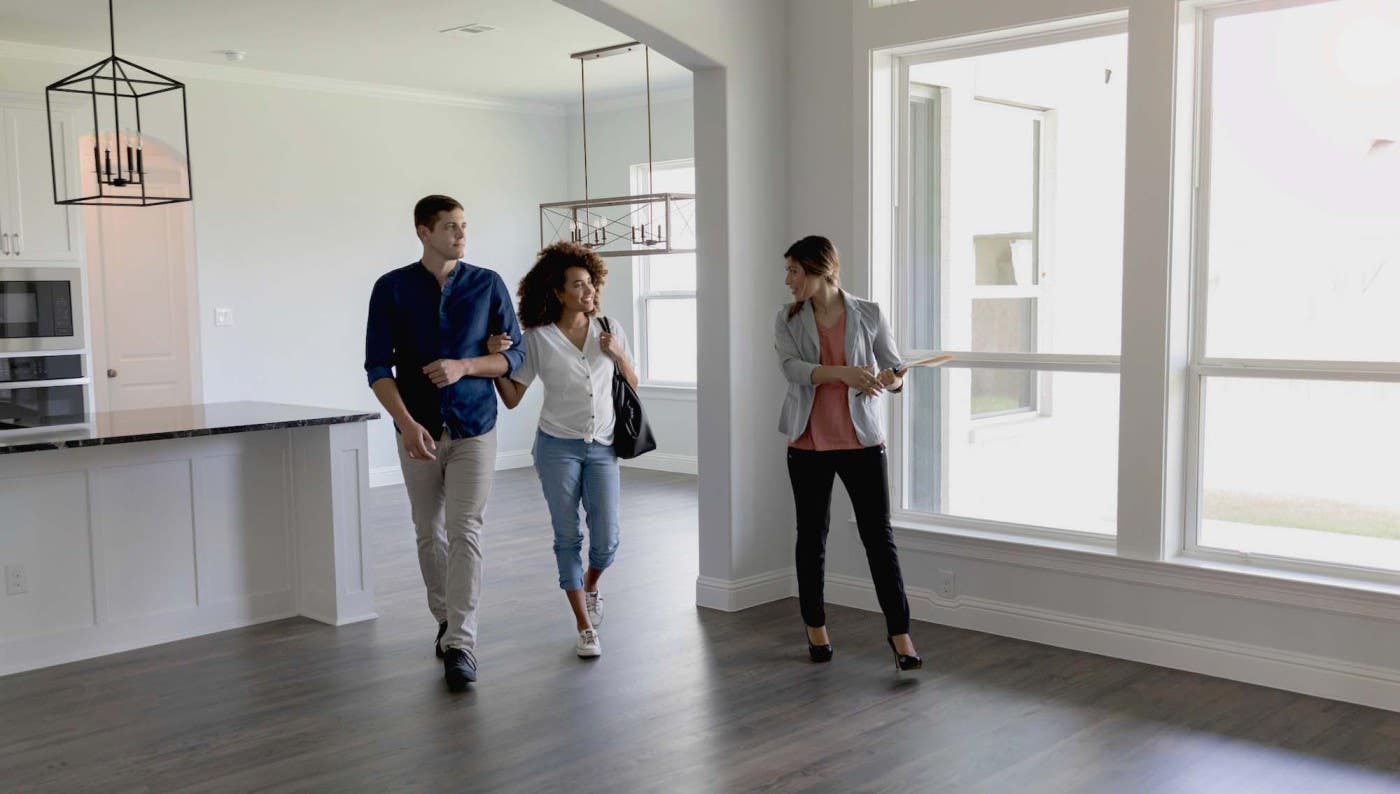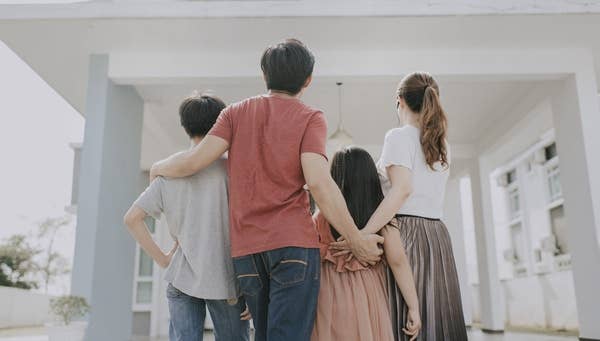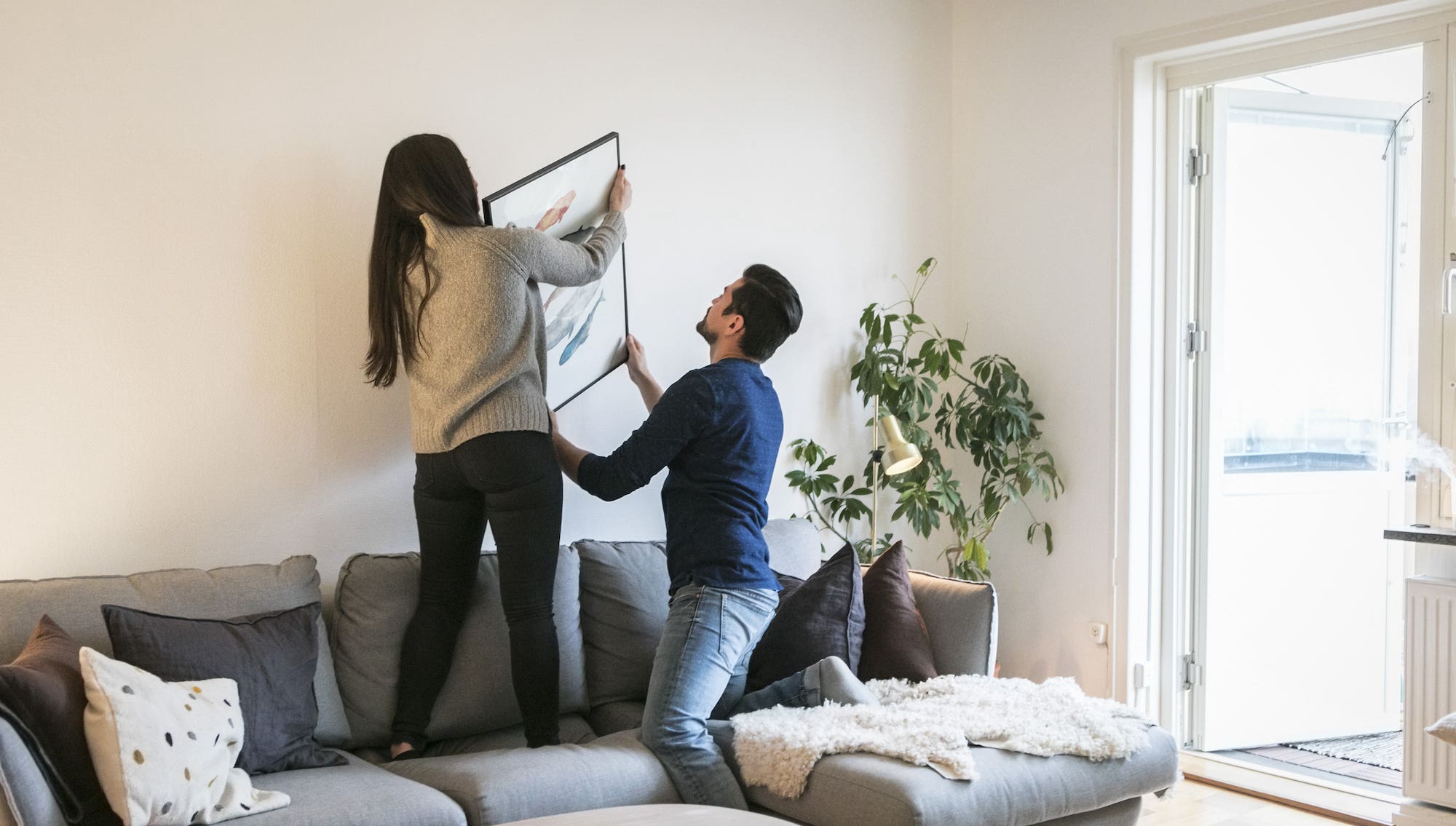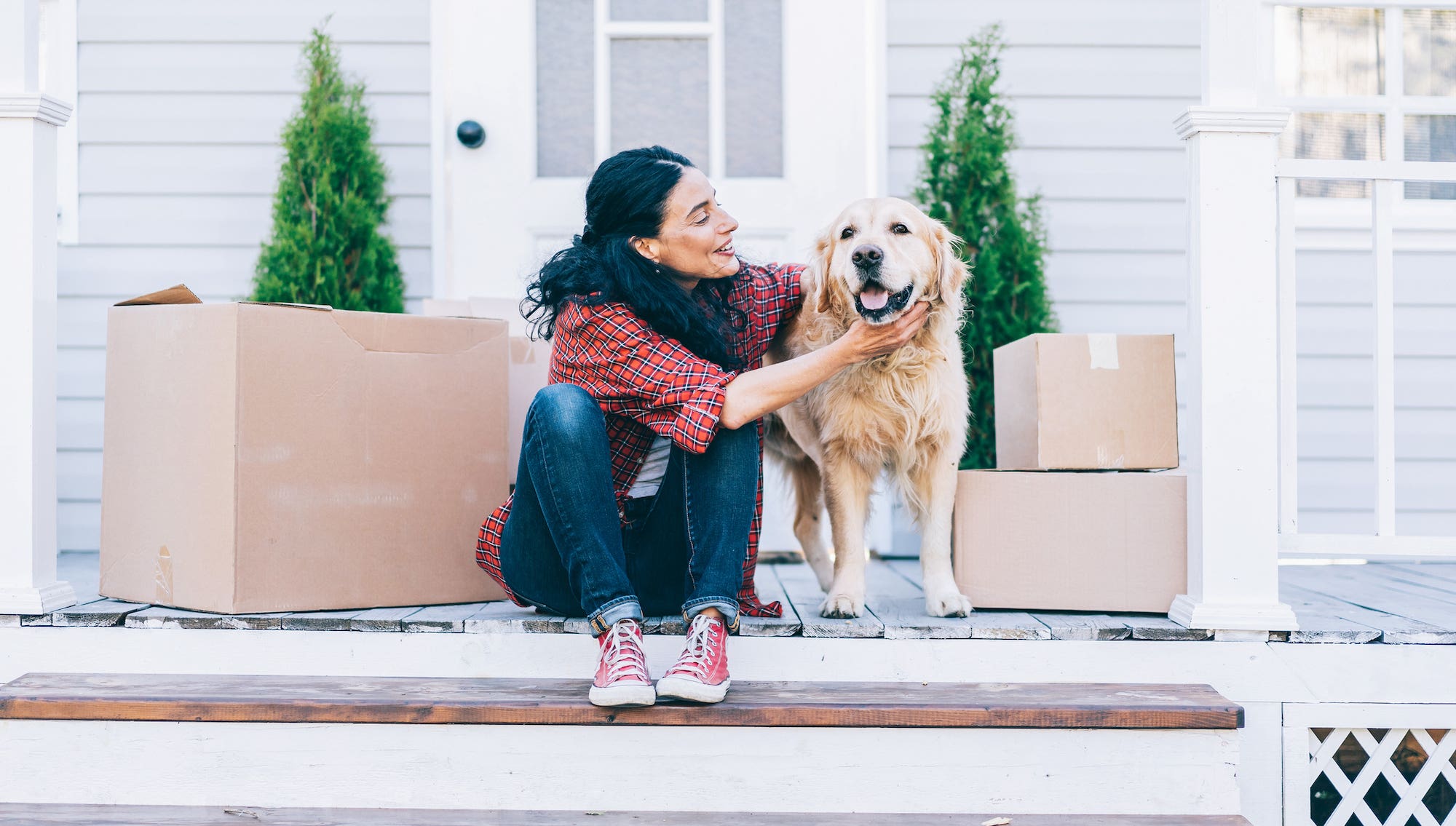Should I buy a house now, or wait?
Buy now, or wait? It’s a question many aspiring homeowners are struggling with.
From finding your dream home to securing a great financing offer, we guide you through every step of the homebuying process.
Like any big project, a successful homebuying experience is all about getting the details right from start to finish. We’re here to help you navigate the process, save money and close the deal.

Buying a house is a major commitment. Before you begin shopping for properties or comparing mortgage options, you need to make sure you're ready to be a homeowner. We've curated our top articles and resources to help you with the big decisions.

Get the details on how to save for a down payment, decide which type of mortgage works for you, and start getting quotes from lenders.

Now it's time to find a real estate agent and shop for your home! We've got the tips and trips to help you get started.

From making an offer to negotiating closing costs and hiring a home inspector, we have the information you need.
Buy now, or wait? It’s a question many aspiring homeowners are struggling with.
Buying a home is complicated. This step-by-step guide will help you get to the finish line.
You’ll need more than just a down payment to afford a home purchase.
Selling a home isn’t hard if you’ve got the right guidance and approach. Here we break down the process to sell your house—from deciding if you really should sell, to finding a real estate agent who’ll be your partner through it all, to pricing your home and negotiating offers.

From finding an agent who knows the market to setting a timeline for selling your home, we have plenty of resources to help you get started.

Once you're ready to sell, you'll need to get a pre-sale home inspection and put your house on the market. You might also consider staging your home to attract buyers at showings.

Here are some tips and tricks to help you set a realistic price for your house and negotiate incoming offers.

Some of the last steps you'll need to take to sell your home include anticipating your closing costs, weighing your tax implications, and gathering the necessary paperwork to close.
Real estate commissions: How much they are, how they work, who pays them.
Our 8-step guide to a smooth, successful home sale.
With home prices and mortgage rates both high, is now a good time to sell a house?

Connect with experienced agents who can guide you on your home journey
Bankrate consistently has offers well below the national average to help you fund your home for less.
30-year fixed
30-year fixed

Housing prices and cost of living are relatively low in the Show-Me State.

A lot of paperwork is involved in a home sale.

Even with this higher-than-average salary, recent market trends can make it tough to buy a house.

If you’re earning $75,000 a year, you’re below the national average. Here’s how to determine how much home that salary will buy you.

Which states have the highest and lowest average closing costs?

Whether or not it cuts rates, the Fed may not be able to reset the market.

The housing market isn’t immune from outside economic forces, including inflation.

Determining home value is an inexact science. AVMs can help you get the whole pricing picture.

Real estate commissions: How much they are, how they work, who pays them.

The true cost of buying a house goes far beyond just your down payment.
We appreciate your feedback
Thank you for taking the time to share your experience.